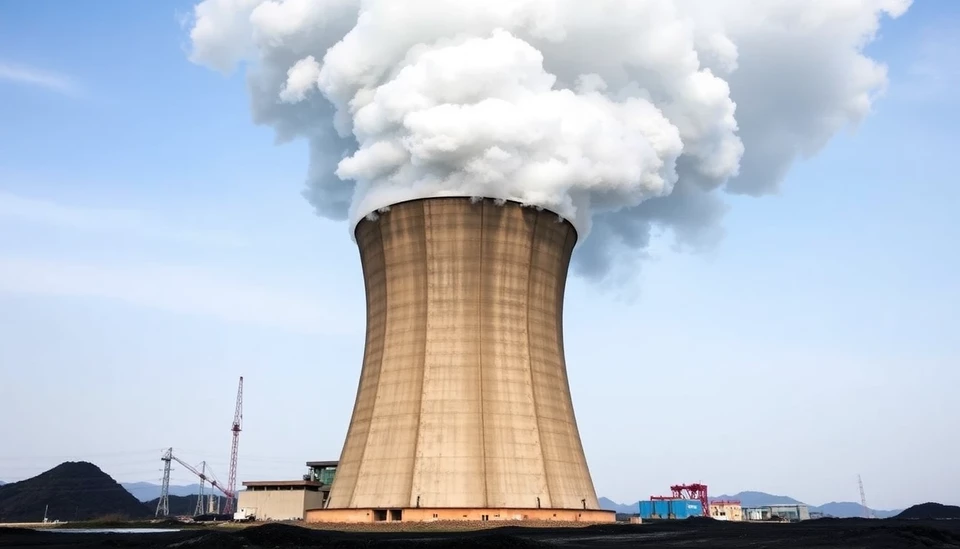
In a surprising revelation, China's ongoing backing of international coal power projects has come to light, despite the country's assertive commitment to clean energy and a ban on new coal-fired power plants at home. A recent report by the China Renewable Energy Association (CREA) highlights that China’s financial and technical support for coal power projects outside its borders remains robust, contradicting their stated intentions of reducing reliance on coal.
China has been a key player in financing global coal projects through its state-owned enterprises and various financial institutions. Even with a clear domestic shift toward renewable energy sources, the vast amount of capital earmarked for coal infrastructure in foreign countries indicates a complicated relationship with coal as an energy source. The CREA notes that in 2023, China's financial investments in coal projects abroad totaled over $5 billion, underscoring the nation’s contradictory strategy in energy production.
The CREA's analysis makes it clear that despite the ban on constructing new coal-fired power plants within China itself, the nation still remains a significant powerhouse in the construction and financing of coal plants across several developing countries. Notable regions that benefit from Chinese investments in coal include countries in Southeast Asia, Africa, and South Asia, where coal remains a primary energy source in the energy mix.
This continuing investment poses challenges to global climate goals. Critics argue that while China promotes a narrative of green leadership at international climate forums, the reality of its coal investments outside the country raises questions about the sincerity and effectiveness of these commitments. Despite the rise in renewable energy investments, the coal funding remains a contradiction that could undermine efforts to combat climate change globally.
China’s government has expressed a desire to balance its energy needs with environmental goals but, in practice, the focus on development in partner countries often prioritizes short-term economic gains over long-term sustainability. The continuation of these coal projects implies significant hurdles on the route to net-zero emissions worldwide.
As countries around the world grapple with the implications of energy transition and climate change mitigation, China's actions could set a precedent affecting global energy dynamics. Observers suggest that without a significant change in policy and investment strategy, the dual approach could hinder collective progress toward climate goals, making it vital for China to reevaluate its commitments both at home and abroad.
In conclusion, while China is making strides in renewable energy domestically, its continued support for overseas coal projects raises critical questions about the contradictions within its energy strategy and the potential impact on international climate cooperation. Stakeholders globally will be closely watching how China reconciles these competing interests in the years to come.
#China #Coal #RenewableEnergy #ClimateChange #GlobalInvestment #EnergyPolicy #CREA
Author: Victoria Adams




